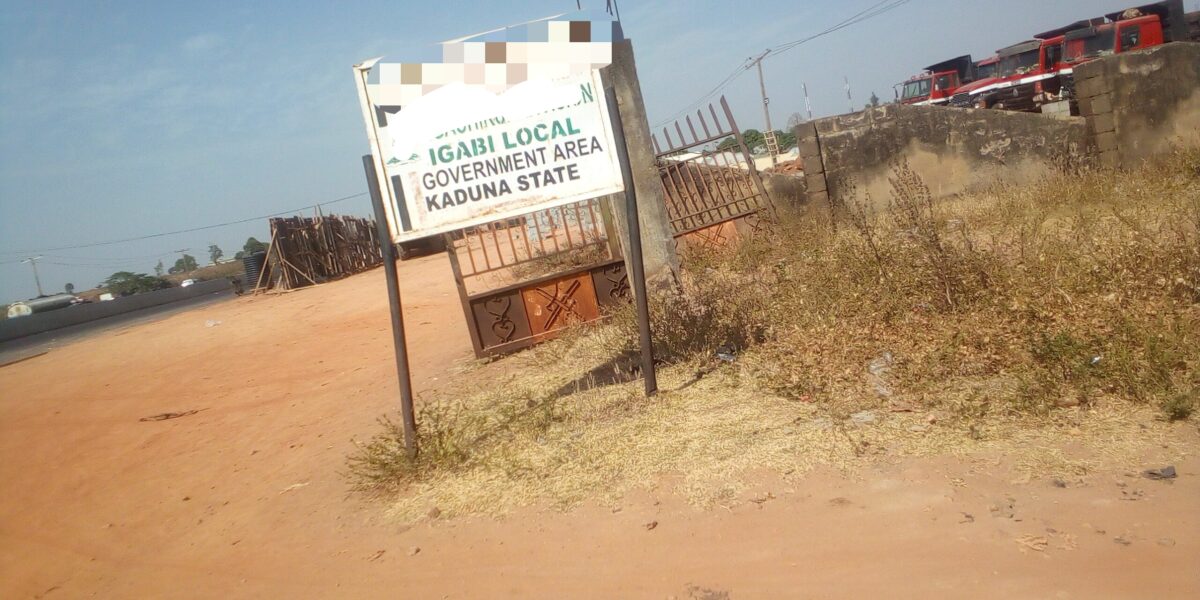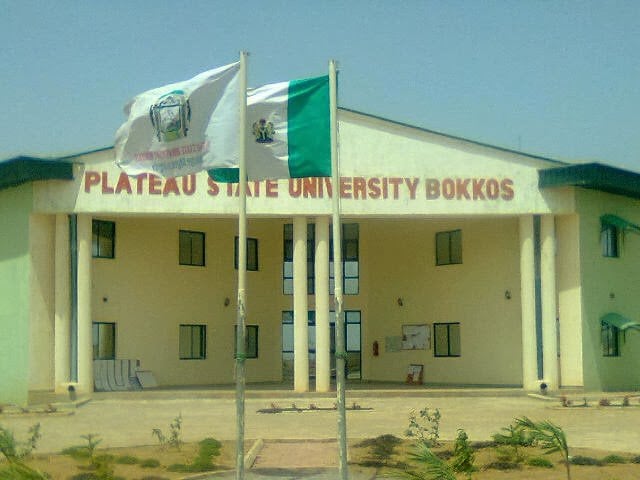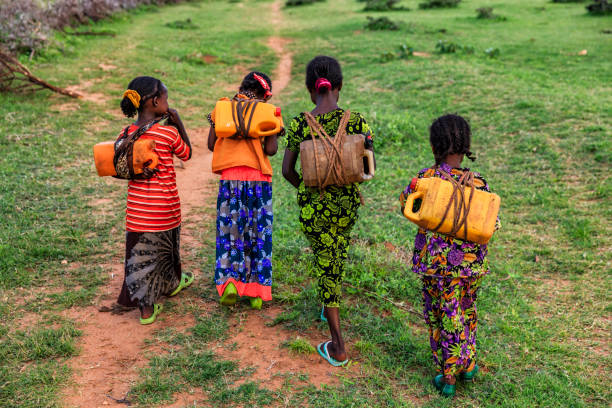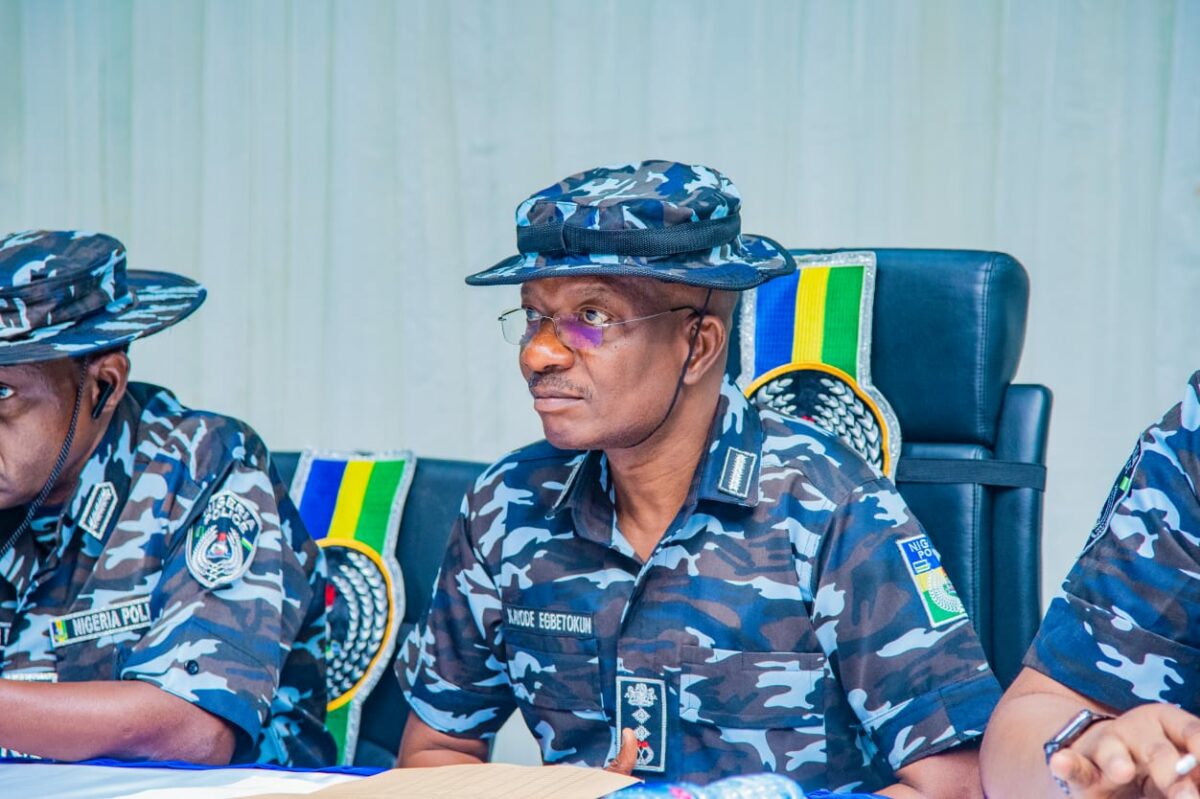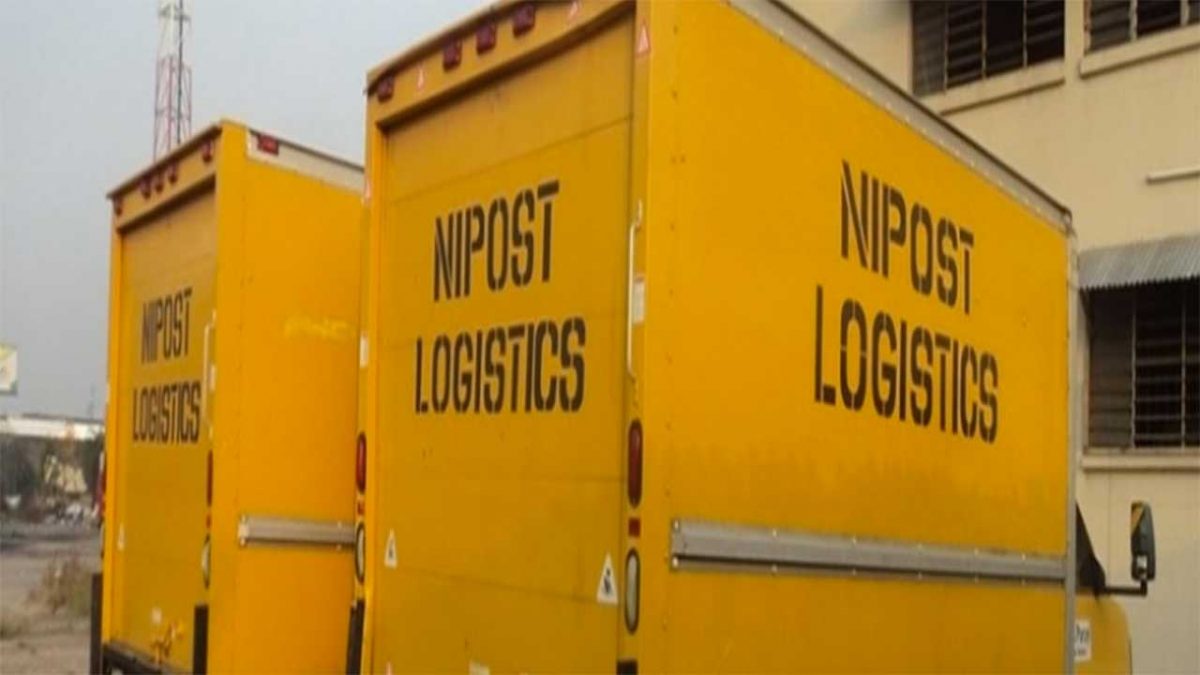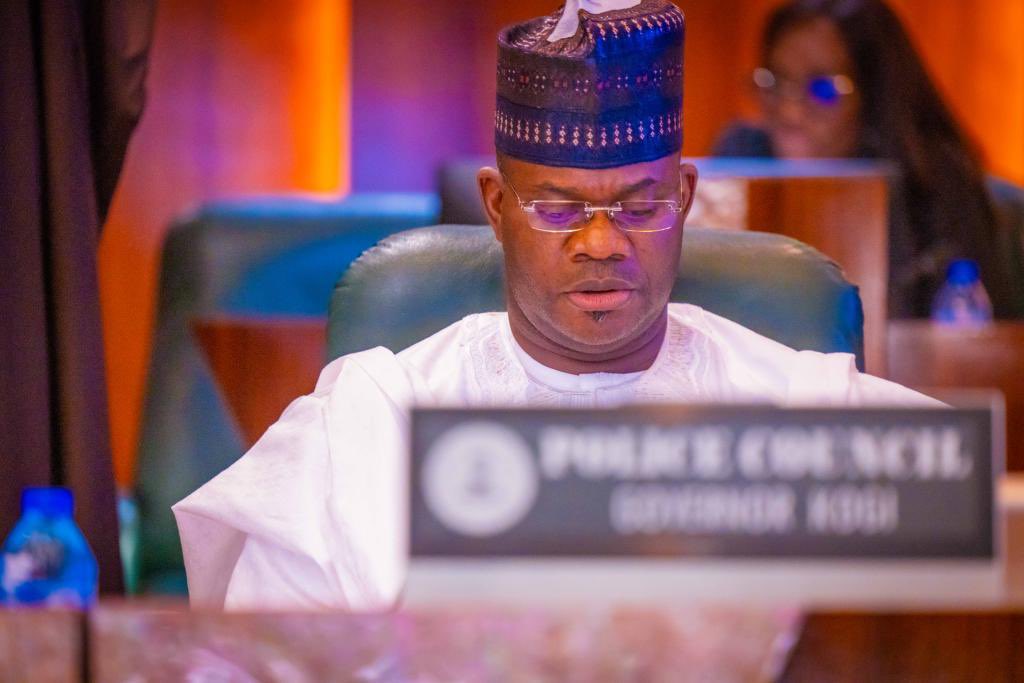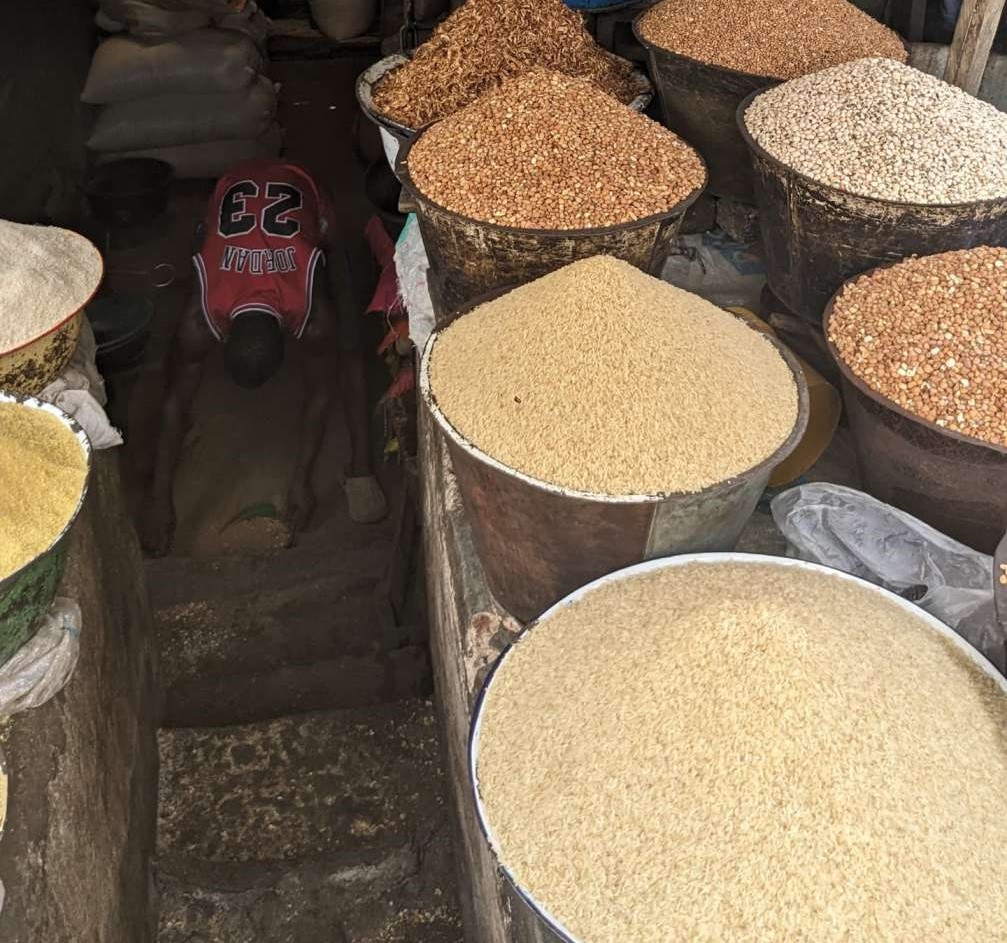Elections in Nigeria continue to be blighted by many negative factors which erode the integrity and sanctity of sound democratic ideals. Among other factors, child voting is a deep-rooted challenge. INEC has warned that illegal voters and their parents will be punished, but all categories are warming up to vote, regardless. SODEEQ ATANDA reports.
On the surface, the details of how child voters find their way into the national voter database might not be clear to many. Sources have, however, narrated to FIJ the tactics politicians employ to infiltrate the system with innocent children below the age of consent.
Lukman Badmus, a one-time INEC ad-hoc staff member and Mallam Shehu Aliro, renowned community leader in Rigasa, explained to FIJ how politicians aid underage voting through their foot soldiers and other accomplices. These two persons have acted as accessories and saw how the conspiracy played out at different times in electoral processes.
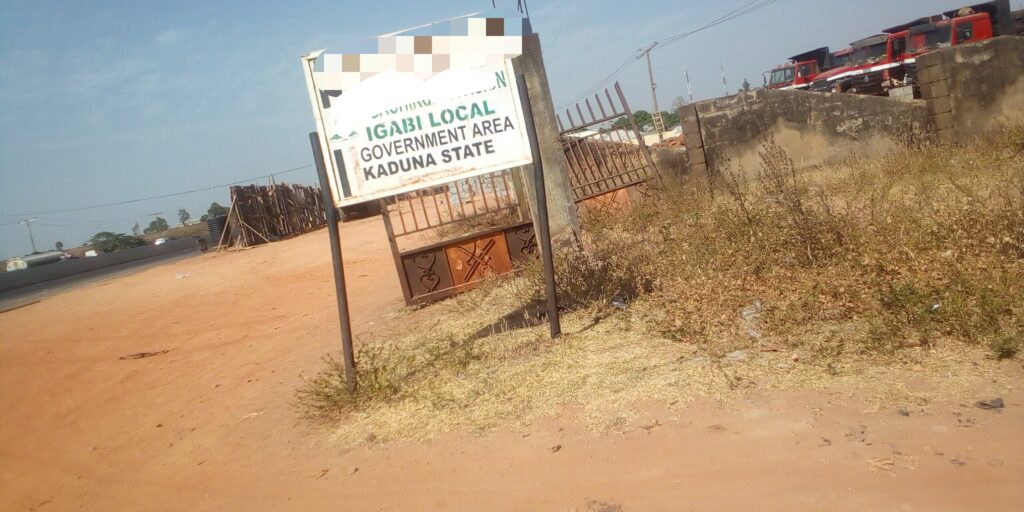
Some people believe that Rigasa, a large Muslim settlement under Igabi Local Government, evokes fear and tremble. These fears are rooted in the religious or electoral uprisings in the state in the recent past. Rigasa is an incredibly fertile territory where tensions can easily manifest and spread quickly like jungle fire.
The presence of a federal government-owned train station in the suburb has also increased the intensity and texture of crisis as gun-wielding criminals and terrorists seem to have profiled the community for bloodletting.
Perhaps for the consistency of attacks on the community, unfamiliar faces are now easily noticed.
Aliro explained that the desperation of politicians to win elections at all cost is the major underlying factor driving the prevalence of underage voters in the country.
“Most of the child voters are the children, popularly called Almajiri, who lack fixed shelter or adequate nighttime residence,” said Aliro. “They are the easiest tools politicians draft to INEC registration areas to enroll for PVC even when unqualified. Parents also encourage their wards below 18 to obtain the card as the more the number of cards, the more the handouts a household could get during elections.
Listing the categories of the conspirators and accomplices, Aliro said, “The mobilisation of these bowl-holding children is usually made possible by councilors, local government chairmen, hoodlums and troublemakers who are contracted by highly placed politicians to mobilise registrants at all cost during PVC registration.
“In turn, these political contractors would go to their localities and get the children to register. When the cards are ready, they would ensure the cards are kept in their custody. By the time an election comes, they would call on those children and direct them on who to vote for.
“Don’t forget that these contractors have been paid. So, they collaborate with INEC officials in their areas. It takes negotiation and once they do that, these minors would have a field day to register. INEC officials would just go ahead to put up fictitious dates of birth that are exactly 18 years for them.
“From what I know, security officials also play a role. Normally, once a child holds a PVC, security personnel would put up a resistance. They can include their observation in the result form after voting. So, to avoid passing truthful comments, voters’ mobilisers usually involve uniformed men in the game.”
RESISTANCE UNCOMMON BY INEC OFFICIALS
Aliro said it’s often difficult for INEC officials to resist underage voting.
“Most times, INEC ad-hoc workers do have positive demeanor to compromise as long as money is involved. They have secret arrangement with politicians on how to manipulate the process,” said Aliro.
“In rare cases however, a disinclined registration officer would either agree or submit to hostility and intimidation by the political mobilisers.”
The line of information provided by Aliro did not differ much from Badmus’.
Badmus said he had been part of the mobilisers in the past, and that he recently pulled out of another plot ahead of the 2023 governorship election in the state when the leader of his team back-stabbed him.
Further attempts to make him reveal more information was not successful as he insisted the issue was a “party affair”.
“The stage is becoming set again as the 2023 elections draw near. We have a support group working for Senator Sanni Uba, the governorship candidate of the All Progressives Congress (APC), but it is a party affair,” said Badmus.
“However, because some of us are too greedy, they went to Uba behind my back some weeks ago and he gave them about ₦2.5 million. I wasn’t carried along. When I heard the details, I left our WhatsApp group in annoyance. But the team leader is now persuading me to come back.
Badmus, who has five voter cards to his name, said “I am prepared for this election. I was at my polling unit for my PVC yesterday. INEC said they had not printed it and told many people affected to check later.”
Speaking with our reporter, Zaradeen Musa* said he was able to enroll three female registrants in July despite the fact that they were 16 and 17 years old.
“Although some of them were rejected, those got registered. I have their birth certificates and national identification numbers. We used the advantage that each has a big body size to lie to INEC that they were 18 and we succeeded.”
Caption: Musa, speaking in Pidgin English, explains how he guided some underage voters to register for PVC
He, however, told FIJ that their voter cards were not ready, as INEC had not produced them`.
Briefing political parties on Wednesday, October 26, 2022, Professor Mahmood Yakubu, INEC Chairman, announced that as a result its internal effort at weeding the register of voters of illegal voters, it had discovered 23 of its staffers “involved in this unethical conduct and disciplinary action has commenced. We shall continue to protect the integrity of our voters’ register”.
Narrating an experience he once had, Professor Lai Olurode, a former national commissioner of INEC, corroborated the account of Aliro, saying, “There are certain areas of this country where even if they know the person is a kid, they will insist that the child must vote. I had to run for my life at one of the election centres in a part of the country because these people said children must vote or there would be no election at all.”
PROPENSITY FOR ELECTORAL VIOLENCE
Records are scarce on whether the presence of underage voters at voting units had given rise to violence in the past. Even though the scale of violence since the beginning of the fourth republic has been increasing and mutating, evidence fails to explicitly link any of such electoral abuses to the appearance of minors at voting points.
The question of where this electoral malfeasance mostly takes place comes in at this point. Engineer Saheed Hammed told our reporter that as much as underage voting is commonplace almost everywhere in the country, it is more profound in remote communities and villages that are away from the spotlight.
Nevertheless, considering the degree of opposition to the manifestation of unfit voters on voters’ database, Hammed said this might influence the pattern of violence in the coming elections.
He justified his assertion, saying previous attempts at sanitising INEC voter index had not been as profound as it happened in November, and looking at the intensity of that effort, coupled with the claim that INEC had cleansed its system to expunge those with problematic records and false information, there could be a problem if underage voters are seen again in 2023.
“If you followed thoroughly how many Nigerians on social media submitted objections and petitions to INEC to remove ineligible voters last November, it is not unlikely that if these ineligible voters are seen during voting in 2023, there will be some issues,” Hammed explained to FIJ.
“Attempts have been made in the past to prevail on INEC to purge its system of these undemocratic issues, but little result was achieved. Now, things are changing.
“In making sure underage voting-related violence of any degree does not happen, security agents must brace up as INEC has stated that it would arrest any illegal voter and their parents if seen at voting venues.
“Apart from the fact that it would affect the integrity of the process, it could also be a turn-off for many Nigerians who are just developing faith in the competence and impartiality of INEC as an unbiased electoral body. Pre-election occurrences such as this often provide a focal point to predict the turn of events.”
Madam Grace, who refused to mention her name, told FIJ that INEC would have a battle to fight with political thugs if it will successfully prevent unqualified persons from voting and disallow them from disrupting the process.
She added that early warning signs are important in preventing electoral violence and management.
What Madam Grace pointed out seems to correspond with the expert perspective of Bulama Bukarti, a security expert, when he said, “Political thugs are typically recruited or hired by local politicians or party officials who often finance and orchestrate their sometimes-violent manoeuvres … pay small wages per “disruptive operation”.
AREAS PRONE TO ELECTORAL CLASHES
Twenty-three local government areas make up Kaduna State, according to the constitution. In some of these local council areas, some communities are uniquely different and polarised along ethnic and religious lines.
According to Abdulfatah Ahmed, a resident of the state, every election cycle comes with tension and fear in Kaduna State, most especially in some communities where longstanding differences exist. He believes some of these areas should be closely watched as the ground is set for the next round of general elections.
“Each part of this country is threatened security wise, but we should admit that is somehow spectacular in Kaduna State. For the better of this year, there have been loads of negative stories, and now that elections are about to take place, the challenges may be tougher,” he said.
Ahmed also told this reporter that ingrained religious and tribal conflicts are the major fuel that spark off political violence in some six places in the state.
“In Kaduna state, I think the authorities should be more on the look-out to curtail security breaches in some places than the other. From experience, Hayin Banki, Tundun Wada, Rafin Guza, Kagoro, Bakin Ruwa and Rigasa have the potential to repeat the ugly episodes of the past,” he said.
“Some of the instances of violence we have seen in the past were due to artificial differences created by religion or tribe and most times, it could start with mere misunderstanding and lead to a full-blown conflict.”
Messages sent to Festus Okoye, INEC’s National Commissioner and Chairman of Information and Voter Education Committee, for comments had not been responded to at press time.
This is the second part of a two-part series investigation done Kaduna State to explore how and why underage voting and multiple registrations by a single individual is thriving in Nigeria. Read the first part is here.
This story was produced in partnership with the Centre for Democracy and Development (CDD)
Subscribe
Be the first to receive special investigative reports and features in your inbox.


